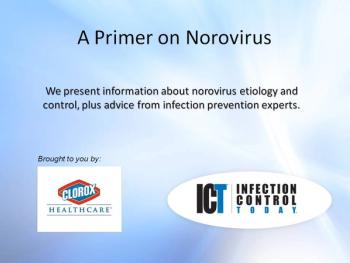
News
Advertisement


Advertisement




Advertisement


Electronic tracking systems have been commonplace in just about every industry since the 1970s. Virtually every product sold in America has a barcode on it, linking it to a central database so that the product can be easily identified. That is how manufacturers can recall products, from contaminated peanut butter to toxic dog food from store shelves within hours, and trace E. coli-infected spinach to the field in which it was grown. Yet we have no such system for medical devices, including those that are implanted in patients to help keep them alive. Its hard to believe that our country can track the location of dog food better than we can a sophisticated medical device.





















Advertisement
Advertisement
Trending on Infection Control Today
1
Bug of the Month: The Quiet Guest in the Dust
2
What Is Effective Preparedness for Emerging Respiratory Viruses? Shazia Irum, MSC, MBA, RN, CIC, CPHQ, FAPIC, answers
3
Continuous Photohydrolysis Disinfection Cuts MDROs, COVID-19, and Hospital Transfers in Long-Term Care, Study Finds
4
Dialysis Infection Risks and Prevention Strategies: A Q&A With NP Leader Octavia “Tavi” Schlueter, MSN, RN, CPNP-PC, PMHS
5